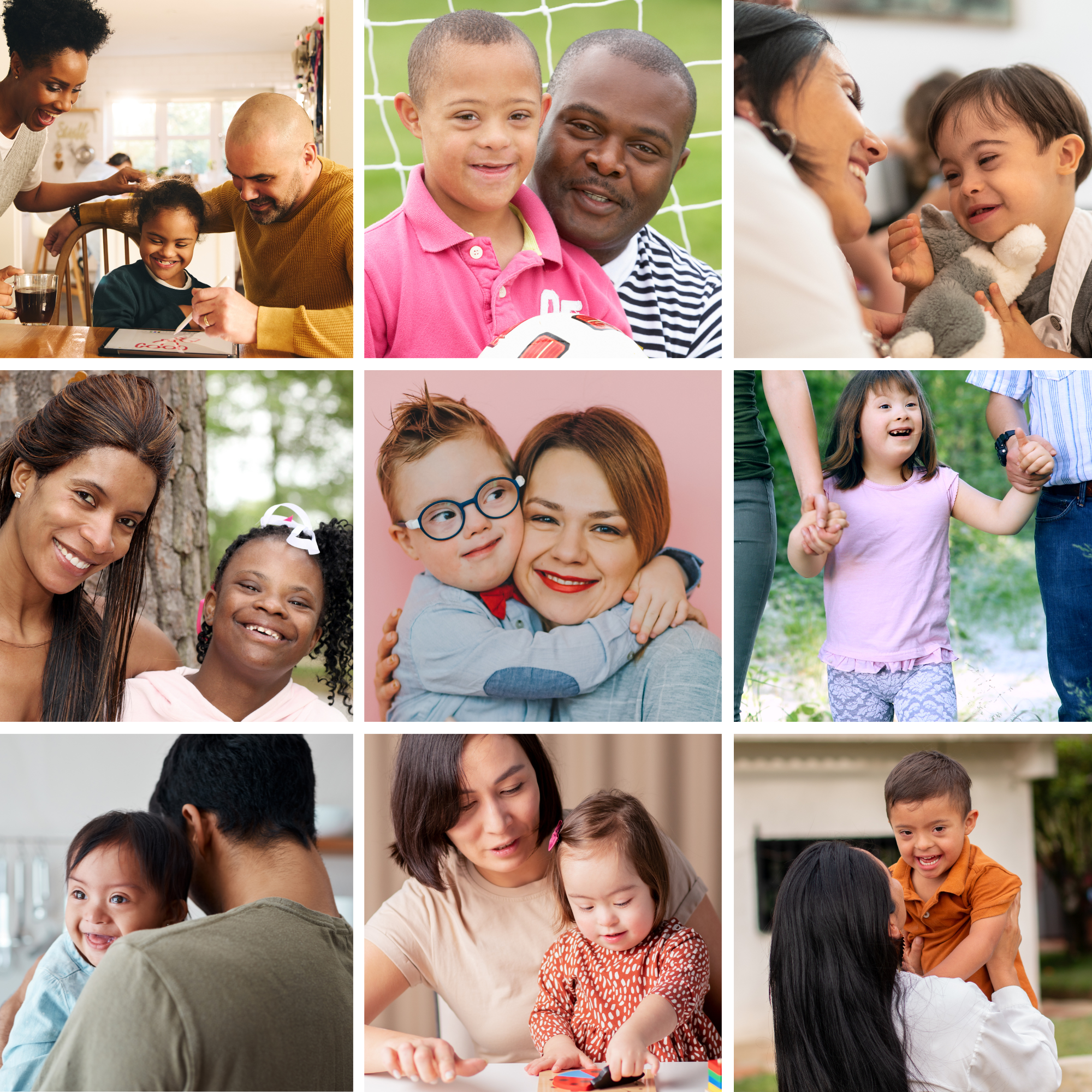Calls for Stories

Parenting Children with Down Syndrome
Symposium Editors: Stephanie Meredith, DrPH and Jason T. Eberl, PhD
Narrative Inquiry in Bioethics will publish a collection of personal stories from parents of children with Down syndrome. We are interested in stories from parents whose children are young or old, living or deceased. Children with Down syndrome may reach developmental milestones with their speech, motor skills, and cognitive abilities later than other children and thus may benefit from specialized educational plans and services. Ensuring their children’s needs are met can require significant time and advocacy. Children with Down syndrome are at a higher risk for certain health issues, such as congenital heart defects, respiratory problems, hearing issues, and thyroid conditions. Expectant parents are routinely offered prenatal screening for numerous conditions, including Down syndrome, and the way the news of a positive diagnosis is delivered can often be biased and cause emotional harm. While medical care, therapies, and special education services can be expensive and difficult to access due to systemic barriers, caring for a child with Down syndrome can also foster patience, resilience, empathy, and a deep appreciation for diversity. Often parents describe their children with Down syndrome as bringing immense joy, love, and fulfillment to their lives.
We seek stories from parents who have children with Down syndrome. We want true, personal stories in a form that is interesting and easy to read. Please share this invitation and guide sheet.
In writing your story, please consider these questions:
- When did you find out that your child had Down syndrome? What was the experience of finding out like? Did you feel supported or unsupported?
- What has been rewarding about parenting a child with Down syndrome?
- What challenges have you faced as the parent of a child with Down syndrome?
- Which interventions, therapies, or educational services has your child participated in? What was particularly helpful about them? What was unhelpful? Was it difficult to access these services?
- Have you or your child experienced any societal misconceptions or prejudice? Please describe. How do you address or confront these challenges?
- What advice would you have for healthcare providers and parents who are faced with a new diagnosis of Down syndrome?
You do not need to address each of these questions—write on the issues that you think are most important to share with others. If you are not a writer, tell your story in your own words and our editorial staff will help you.
If you are interested in submitting a story, we ask you first to submit a 300-word proposal—a short description of the story you want to tell. Inquiries or proposals should be sent to the editorial office via email: narrativebioethics@gmail.com. We will give preference to story proposals received by March 17, 2025. If your story is invited, we will ask you to submit it within 6 weeks of the invitation. Final stories are 4 – 10 double-spaced pages or 800 – 2000 words.
For more information about the journal Narrative Inquiry in Bioethics, the guidelines for authors, and privacy policies visit our webpage at http://nibjournal.org/submit/guidelines/
We plan to publish 12 stories on this topic in our print edition; additional stories may be published as online-only supplemental material. We also publish 3 – 4 commentary articles that discuss the stories that are published in the journal. To see a finished symposium, please visit Narrative Inquiry in Bioethics’ page on Project MUSE and click on the unlocked, open-access issue.
Narrative Inquiry in Bioethics is indexed in PubMed, MEDLINE, Scopus, Web of Science, and PhilPapers.
The journal is published by the Johns Hopkins University Press and is available in print and electronically to over 1,200 institutional subscribers via Project MUSE.
